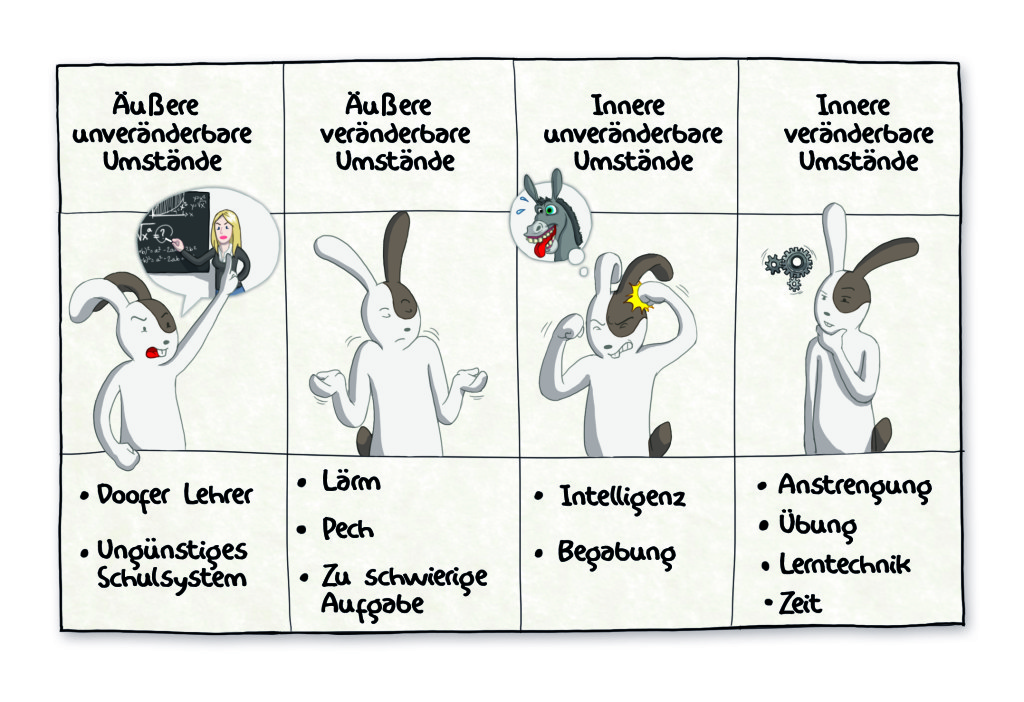What Does Unpacking Attributional Complexity: A Psychological Perspective on Judging Others Mean?

Improving Cross-Cultural Communication by means of the Lens of Attributional Complexity
Cross-cultural interaction is a complicated and essential component of today's globalized world. Along with boosting globalization, folks coming from different social backgrounds are interacting a lot more frequently, whether it be in company, education, or individual partnerships. However, successful communication all over cultures can typically be challenging due to differences in language, values, and worldview.

One means to improve cross-cultural communication is through understanding and using the principle of attributional complication. Attributional complexity refers to the degree to which people consider various aspects when helping make judgments regarding others' behavior. It includes looking beyond surface-level explanations and thinking about the situational and social factors that may determine behavior.
In cross-cultural environments, attributional complexity ends up being even much more important as individuals are likely to encounter behaviors that may appear uncommon or unusual. Without a much deeper understanding of these behaviors' underlying reasons or inspirations, misunderstandings can easily take place, leading to misunderstandings and possible conflicts.
By planting attributional difficulty in cross-cultural communication, people may cultivate a even more nuanced understanding of others' actions and motives. This makes it possible for for more significant empathy and reduces the chance of misjudgments based on cultural predispositions or fashions.
Right here are some practical ways in which attributional difficulty may be enriched for far better cross-cultural communication:
1. Avoiding Stereotypes: Realize that people from different cultures are not uniform teams but possess varied ideas, market values, and behaviors. Stay away from reasons or beliefs located on stereotypes.
2. Looking for Cultural Context: Instead of depending only on one's very own social lens to interpret habits, take into profile the certain cultural circumstance in which it takes place. This includes understanding popular standards, traditions, and historical history.
3. Energetic Listening: Definitely listen closely with an available thoughts when engaging along with folks from different lifestyles. Pay out interest not just to their phrases but additionally their non-verbal hints such as body system foreign language and face expressions.
4. Talking to Inquiries: If something seems to be uncertain or complicated, don't wait to ask inquiries in a respectful and non-judgmental way. This illustrates a real interest in understanding the various other person's viewpoint.
5. Putting on hold Opinion: Method suspending opinion until you have collected enough details to form a more informed viewpoint concerning someone's behavior. Avoid creating snap opinions located on minimal know-how or initial opinions.
6. Adaptability and Adaptability: Acknowledge that different lifestyles may possess various communication styles, standards, and expectations. Be eager to conform your interaction technique to suit cultural differences.
7. Demonstrating on Predispositions: Mirror on your personal predispositions and bias that may affect your viewpoint of others coming from various societies. Self-awareness is important in getting rid of these biases and encouraging additional comprehensive interaction.
Go Here For the Details -cultural communication by means of attributional complication needs initiative and an available mind. It entails acknowledging that social differences exist, being interested about understanding others' standpoints, and adjusting one's interaction design accordingly.
Through welcoming this strategy, people can easily cultivate higher understanding, empathy, and cooperation around lifestyles. This not merely improves private relationships but additionally facilitates reliable company relationships, academic substitutions, and diplomatic connections.
In verdict, attributional complexity delivers a beneficial structure for boosting cross-cultural communication through encouraging people to look beyond surface-level descriptions and look at the social circumstance determining behavior. Through growing this mindset of interest and openness towards understanding others' viewpoints, we can easily link cultural divides and construct stronger connections in our increasingly globalized world.
Word Count: 579
